Earth's Systems

Educators and Parents, Sign Up for The Cheat Sheet
Weekly updates to help you use Science News Explores in the learning environment
Thank you for signing up!
There was a problem signing you up.
-
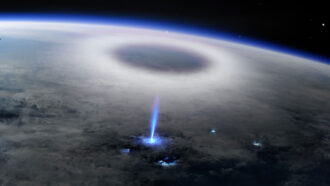 Earth
EarthSpace station sensors saw how weird ‘blue jet’ lightning forms
A mysterious type of lightning in the upper atmosphere has been traced to a brief, bright flash of light at the top of a storm cloud.
-
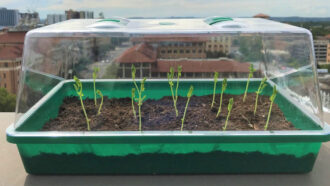 Agriculture
AgricultureDew collector brings water to thirsty plants
This invention grabs water from the air at night. All it needs is the sun’s warmth the next day to release that moisture to growing plants.
-
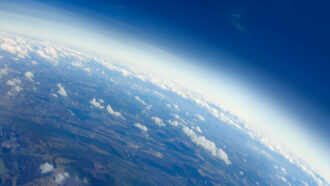 Earth
EarthExplainer: Our atmosphere — layer by layer
Earth’s five layers extend from the ground up and into outer space. Each has its own distinct features and serves as the site of different activities and phenomena.
By Beth Geiger -
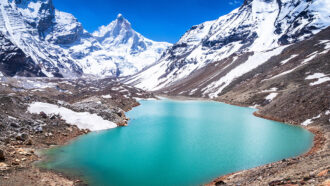 Environment
EnvironmentSurprising long-haul dust and tar are melting high glaciers
Dust and tar blown onto high mountains, like the Himalayas, boost the melting of snow and ice far more than scientists had realized. Here’s why.
By Sid Perkins -
 Computing
ComputingExplainer: What is an algorithm?
These step-by-step instructions underlie social media, internet searches and other computer-based activities. But what are they exactly? We explain.
-
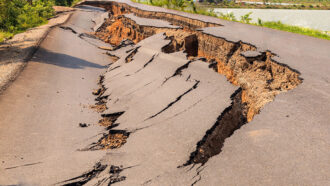 Earth
EarthScientists Say: Earthquake
An earthquake is a sudden and sometimes violent shaking of the ground.
-
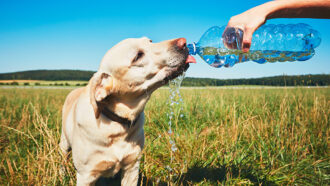 Climate
ClimateStudent scientists work to help all of us survive a warmer world
From glaciers in the refrigerator to a rover in the field, here’s how young scientists are looking to help us adapt to climate change.
-
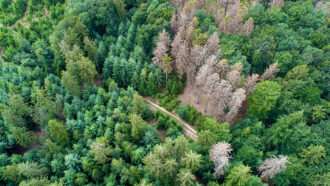 Plants
PlantsThe faster trees grow, the younger they die
As climate change spurs forest tree growth, it also shortens trees’ lives. That results in a quicker release of climate-warming carbon back into the atmosphere.
-
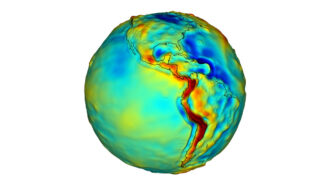 Space
SpaceScientists Say: Gravity
Gravity is a fundamental force that attracts objects with mass to other objects with mass. It decreases with distance.
-

A dirty and growing problem: Too few toilets
As the famous book says, everybody poops. That’s 7.8 billion people, worldwide. For the 2.4 billion with no toilet, the process can be complicated.
-
 Ecosystems
EcosystemsSoggy coastal soils? Here’s why ecologists love them
Coastal wetlands can protect our shores from erosion, flooding and rising sea levels.
-
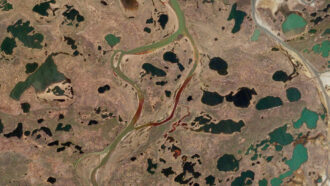 Climate
ClimateSiberian heat wave that caused an oil spill made more likely by climate change
The six-month heat wave in Siberia during the first half of 2020 would not have happened without human-caused climate change, researchers find.